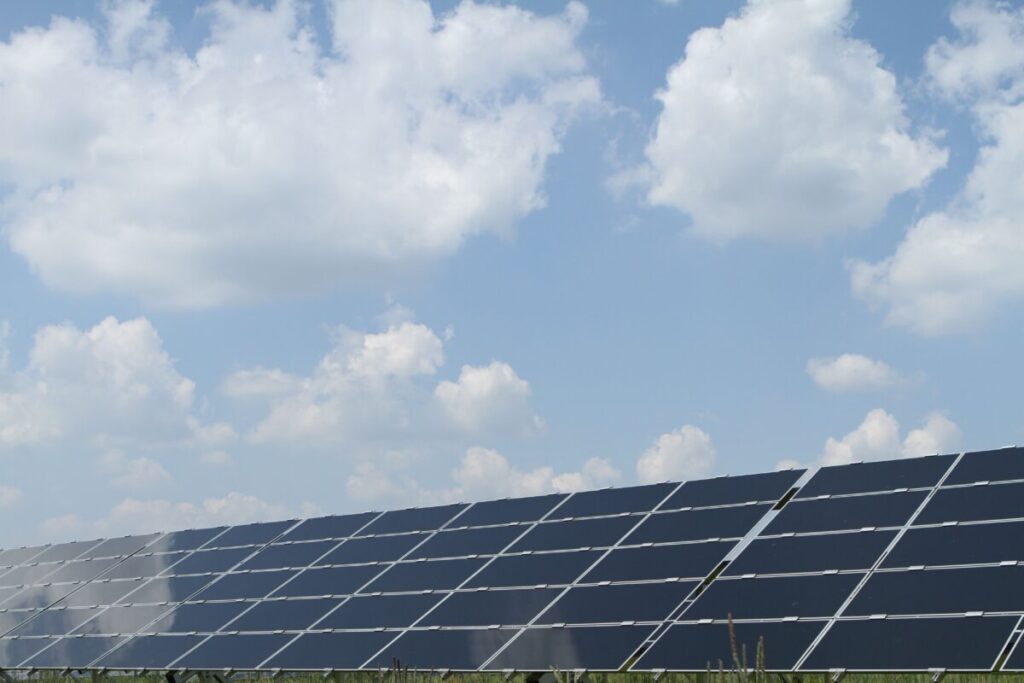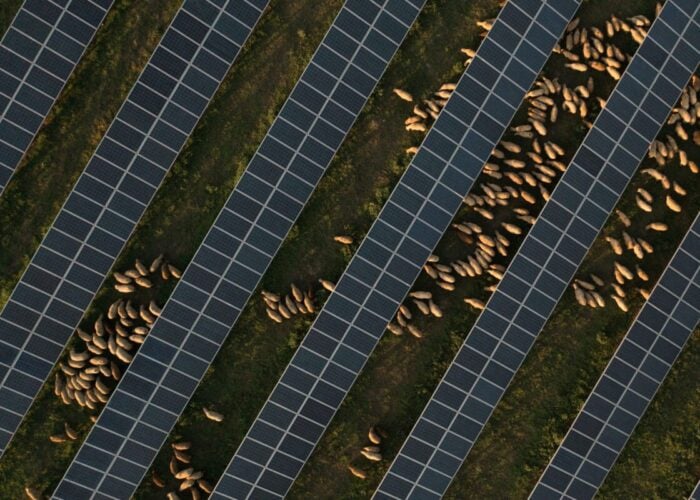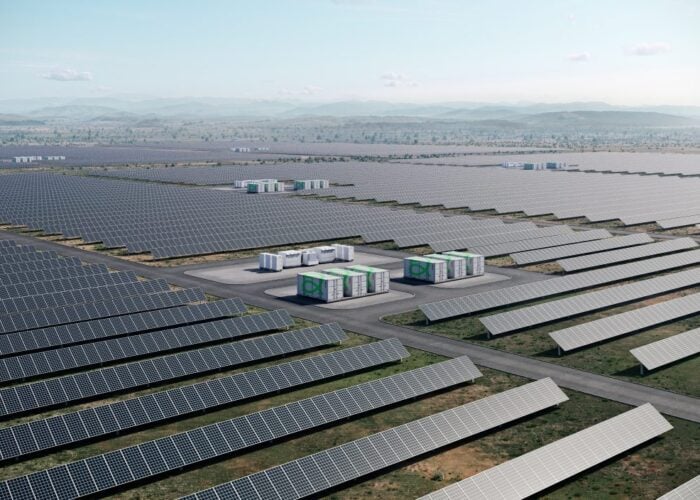
BayWa r.e. has commissioned its first agrivoltaics (agriPV) project in Spain, a 54MW facility, and has signed a power purchase agreement (PPA) to sell electricity generated at the project to the Velux Group, a Danish window supplier.
The Alhendín project, in southern Spain, near Granada, consists of 85,000 solar panels, with 10% of the land set aside for farming machinery to pass between the panels. In addition to the agricultural and electricity-generating components of the project, the solar farm will also be used as a testing bed for a range of academic research. Two Spanish universities, the Universidad de Córdoba and the Universidad Autónoma de Madrid, will work with BayWa r.e. to complete work, such as monitoring vegetation alongside electricity generation.
Try Premium for just $1
- Full premium access for the first month at only $1
- Converts to an annual rate after 30 days unless cancelled
- Cancel anytime during the trial period
Premium Benefits
- Expert industry analysis and interviews
- Digital access to PV Tech Power journal
- Exclusive event discounts
Or get the full Premium subscription right away
Or continue reading this article for free
“This achievement represents an important milestone in BayWa r.e.’s own commitment to advancing the corporate energy transition that is so pivotal for meeting global climate targets,” said BayWa r.e. global director of projects Daniel Gäfke.
BayWa r.e. and the Velux Group have also collaborated on a second agriPV project in Gerena, close to Seville. When it comes online next year, the companies expect it to have a capacity of 60MW.
The field of agriPV has grown considerably in recent years, with the work of US agri-PV developer Bluewave and research published in the Progress in Photovoltaics journal, offering new insights into optimal technical configurations for new agriPV projects.
The news follows a swathe of encouraging announcements from the European PV sector, including the announcement that Europe alone has the potential to install 51TW of solar capacity in its agriPV projects and SolarPower Europe’s launch of a new map for agriPV projects across the continent.
However, earlier this month, Italy banned new solar projects on agricultural land, raising questions about the future trajectory of agriPV on the continent.






